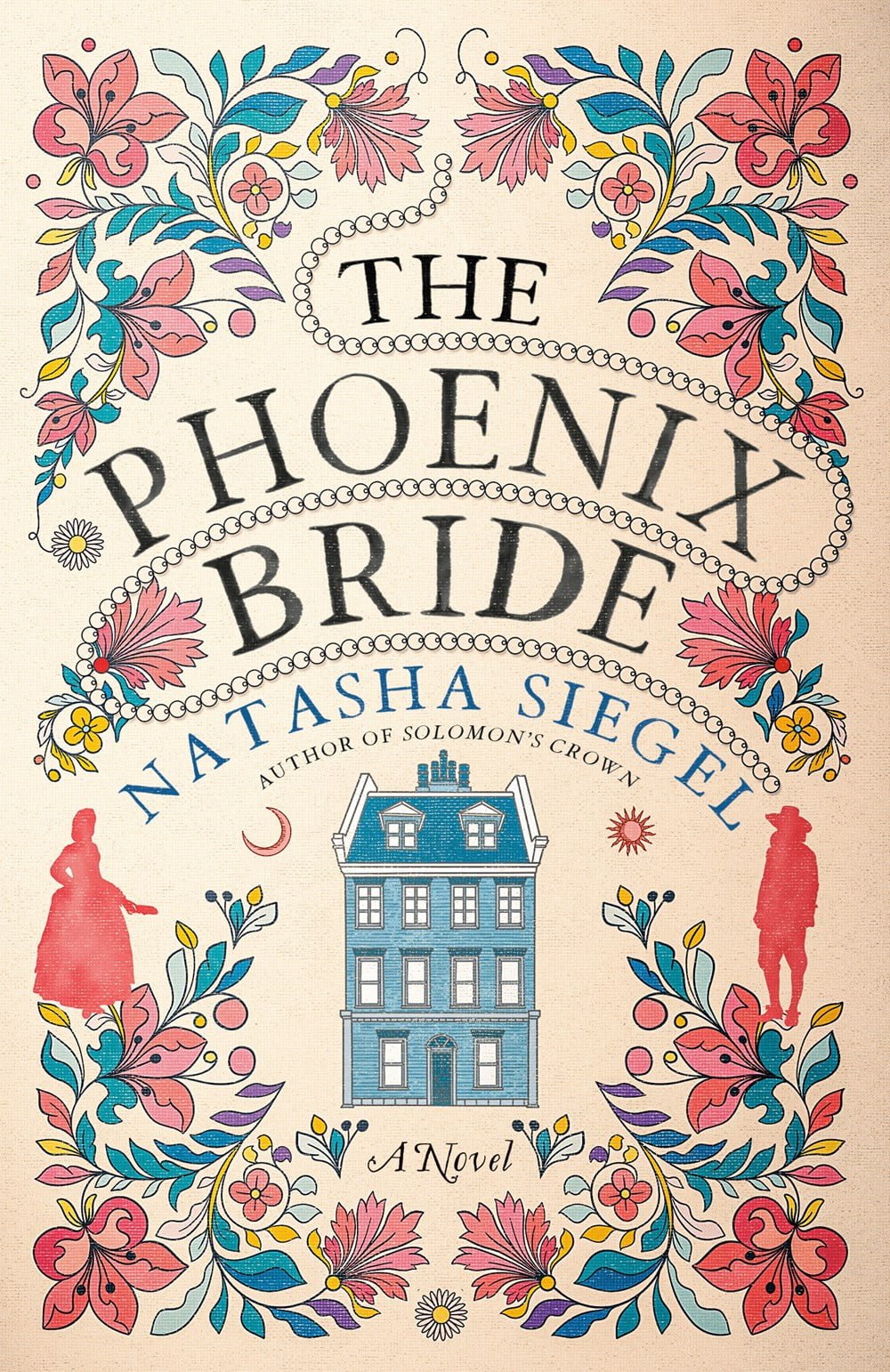An Introduction to ‘The Phoenix Bride’
Natasha Siegel’s The Phoenix Bride pushes readers to reconsider what a happily ever after looks like. Set in 17th-century London, the novel is both breathtakingly beautiful and emotionally stirring, weaving a tale of forbidden love and societal struggle.

A Journey Through Grief and Healing
The story begins in 1666, a year after the bubonic plague has devastated London. Cecilia Thorowgood, a young widow, is left in a state of crippling depression after losing her husband to the disease. Trapped in her sister’s home, Cecilia is subjected to various futile treatments by local doctors. The introduction of Dr. David Mendes, a Portuguese-Jewish immigrant, marks a turning point in her life.
Forbidden Love in a Rigid Society
David and Cecilia develop a friendship despite the prevalent social barriers and antisemitism. Both characters are bonded by their shared grief—Cecilia mourns her husband, while David struggles to move on from the death of his friend Manuel, whom he secretly loved. Over time, their friendship blossoms into a love that transcends societal norms, though not without its challenges.
A Realistic and Hard-Won Victory
Unlike other historical romances, Siegel does not soften the harsh realities of history to facilitate an easy love story. Instead, she allows her characters to bend, rather than break, societal rules, enabling them to find their own version of a happily ever after. This realistic portrayal makes their victory feel genuine and more impactful.
Beyond Romance: Tackling Heavy Themes
The novel delves into themes of grief, trauma, antisemitism, and biphobia while still maintaining a balance with lighter, more charming moments. Cecilia’s dark sense of humor and David’s serious demeanor create a dynamic that endears them to readers, making their journey all the more compelling.
The Phoenix Bride is a triumph in storytelling, offering a poignant reflection on love, resilience, and healing. Natasha Siegel continues to establish herself as a writer to watch with this emotional and beautifully written follow-up to her debut novel, Solomon’s Crown.
